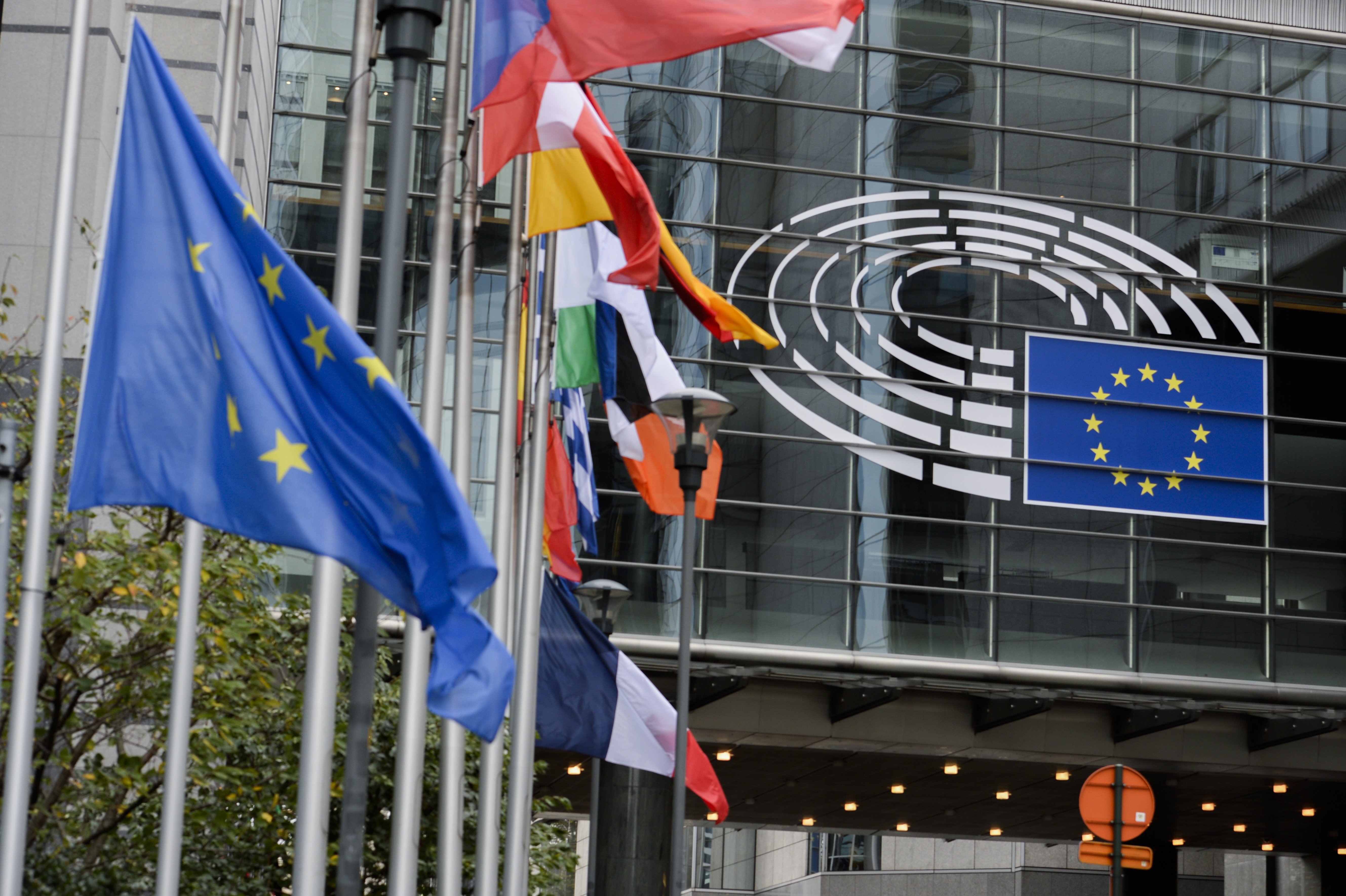A European think tank has launched a debate on the question of Catalan independence, asking simply: "Should Catalonia be independent?". The think tank, Friends of Europe, has launched the debate on its on-line platform Debating Europe, aimed at "encouraging a genuine conversation between Europe’s politicians and the citizens they serve."
The platform introduces the issue with a recap of recent events in Catalonia: "the dramatic events" of the independence referendum on 1st October last year which was "forcefully interrupted by Spanish police". Has independence "been thwarted by the arrest (or exile) of pro-independence political leaders?" it asks. It mentions the Catalan leaders "languishing in pre-trial detention", as well as those in exile, highlighting the case of president Carles Puigdemont, "currently facing extradition back to Spain from Germany".
The Debating Europe platform has put its question to a group of members of the European Parliament from all parts of the political spectrum. The MEPs set out their opinions and positions on whether Catalonia should be independent, and website visitors are invited to vote for their preferred response.
Gabrielle Zimmer, European United Left
This German MEP explains that she has always supported the idea of asking "the people of Catalonia what they want". On one hand, she asserts that independence cannot be declared unilaterally, but on the other, she admits that "the Spanish government should be more sensitive and understand why so many people in Catalonia are asking to leave". Zimmer considers that political solutions have to be found based on "respect" and "negotiation".
Mady Delvaux, European Socialists
This Luxembourgish member of the European Parliament is brief: "They should not be independent". Despite this, she explains that she is from a small country, and that "it is complicated to justify why a bigger region should not be independent". Delvaux thinks that in the interests of progress, Catalonia should not become independent.
Margrete Auken, European Green Party
Auken is Danish and says that she understands Catalans' "frustrations" even though she does not want "Catalonia to be completely independent". She says that in the Green group there are Catalans who deserve support in order to get "Spain to listen to them more" and so that they "obtain more autonomy".
Renate Weber, Liberals and Democrats
Weber has an outspoken view: "I'm very disappointed with the European Union in this respect because I wanted the EU to be much more involved in everything that is going on in Spain". This Romanian member of the European Parliament asserts that a political conflict must always be resolved through "political means and not legal means". Thus, Weber calls for dialogue and asks a question of the European Union: "Does Europe want a region where elections are held while some are in prison, some are in exile and some cannot express themselves because they are afraid of the consequences?"
Frank Engel, European Popular Party
Frank Engel is from Luxembourg and, like Mady Delvaux, admits that he comes from a country recognized as independent despite having only 200,000 inhabitants. Because of this he affirms: "I am in no position to refuse independence to a region of 7 million people". However, Engel is convinced that if Catalonia was "in normal circumstances the majority of Catalans would be against independence".
Helga Stevens, European Conservatives
Stevens stresses that in Catalonia there is a pro-independence majority and that, therefore, "we can't impose what we want over their desires". The Belgian MEP explains that the Catalans have shown their will for independence on many occasions and recalls the referendum of 1st October: "The referendum demonstrated clearly that there was a majority in favour of independence, however it was suppressed by the Spanish government. I was present in Barcelona that day". "The result of the referendum was clear but the Catalan Parliament was suspended and they were forced to have elections. The results, once again, were clear: there was a pro-independence majority".
Rolandas Paksas, Eurosceptics
Finally, the platform opted to talk to Rolandas Paksas, a member of the eurosceptic European Alliance for Freedom and former Lithuanian president. His opinion (presented without a video) is clear: "The independence of Catalonia cannot and should not be questioned". Paksas believes that it is just a question of time until Catalans will be able to exercise their right to self-determination. Like some of his parliamentary colleagues, he criticizes the role of the European Union: "Catalan independence is no longer a matter for Madrid, it is a challenge for the whole European family".

